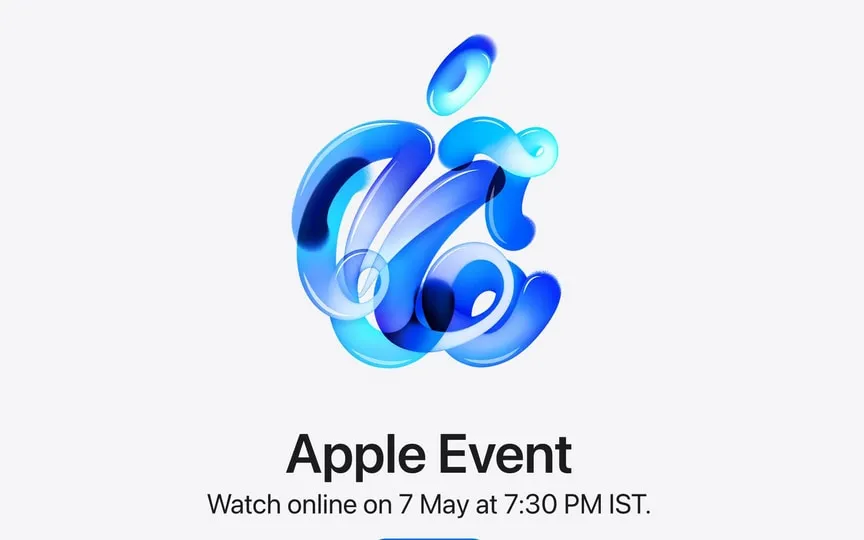Major technology companies come together to study the impact of artificial intelligence on the tech industry workforce.
With the rise of artificial intelligence (AI) in the tech industry, concerns about its influence on jobs and the economy are growing. Google and Microsoft, key players in AI advancement, are teaming up to investigate the potential impact of AI on technology jobs.
Growing concern about job displacement
The consortium led by Cisco also includes industry giants such as IBM, Intel, SAP and Accenture. In addition, major unions such as the AFL-CIO and the CWA serve as advisors to the group. As generative AI technologies such as chatbots and image generators have proliferated, concerns about AI displacing human jobs have grown, reports the washingtonpost.
Professionals in various fields, such as writers and coders, have already lost their jobs due to the introduction of artificial intelligence. For example, Hollywood writers secured protection against forced use of content produced by artificial intelligence in their union contracts. Despite tech leaders’ claims that AI will increase productivity and not completely replace jobs, studies suggest that about 20 percent of American workers are in jobs that are vulnerable to AI.
The goal of the newly formed group is to produce a report that provides insights for business leaders and employees. Although the focus is on 56 technology-related job types, the roles under consideration have not yet been revealed. However, participating companies are actively working to define these job categories.
The technology industry’s answer: Retraining vs. layoffs
While Big Tech companies often emphasize retraining and upskilling to adapt to technological change, they have also been associated with significant layoffs in the past. Despite assurances from AI company leaders that the technology will primarily increase human efficiency, there are still doubts about its potential impact on employment.
The incorporation of artificial intelligence into software tools such as Google Docs and Microsoft Outlook is presented as streamlining tasks such as composing an email and summarizing notes. Despite these promises, there is still uncertainty about the overall impact of AI on the workforce.
As the group formed by Big Tech ponders this complex issue, both industry stakeholders and workers eagerly await its results. The evolving landscape of artificial intelligence and its effects on employment emphasize the importance of proactive research and dialogue when planning the future of work in the age of artificial intelligence.




